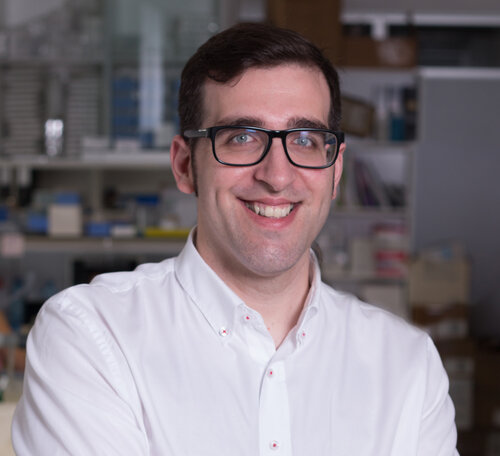Grant awarded for a project on illness stories written by patients and companions of researcher Oriol Yuguero
In the call for research grants from the UdL-Asisa Foundation Chair
The ASISA-UdL Foundation Chair in Health, Education and Quality of Life has awarded a grant of 2,500 euros to a research project that aims to raise awareness of the value of stories written by patients or their companions for individual wellbeing and the improvement of the relationship between health professionals and patients.
This is the written narrative of those who are ill and/or accompanying them. Localisation, identification and analysis of patient publications as a training source for health professionals, a research project led by Oriol Yuguero, lecturer at the Faculty of Medicine of the University of Lleida (UdL) and coordinator of the Epidemiology, Infectious Diseases and Public Health area and head of the Transversal Research Group on Urgency and Emergency at IRBLleida, with the participation of teaching staff from this centre, the Faculty of Arts and the Faculty of Nursing and Physiotherapy, and staff from the Library and Documentation unit.
The project has been chosen by the jury of the Call for research grants 2022 of the Asisa-UdL Chair for its scientific quality and viability.
Yuguero explains that the research aims to locate, identify, collect and organise by diseases the stories about related life processes in order to make them available to medical, nursing, physiotherapy and health science students, associations of patients and their families and the rest of the population that needs them.
So that they can be used appropriately, the researchers at the UdL will draw up methodological proposals and reading guides with the aim of "extracting the full potential of the narratives".
The research team aims, on the one hand, to put an end to the dispersion of narrative production, the absence of catalogues, the specific identification, ignorance and invisibility of these stories, and on the other, their scarce professional, therapeutic and teaching use. In this sense, "our aim is to be able to incorporate them into our subjects and into the teaching of bioethics in faculties and to residents", adds Yuguero.
Text: Press UdL







